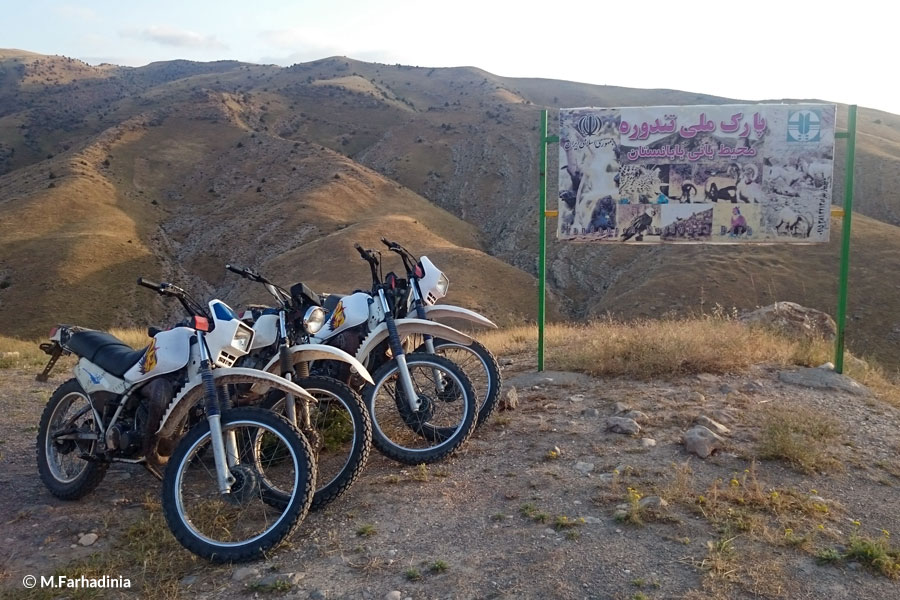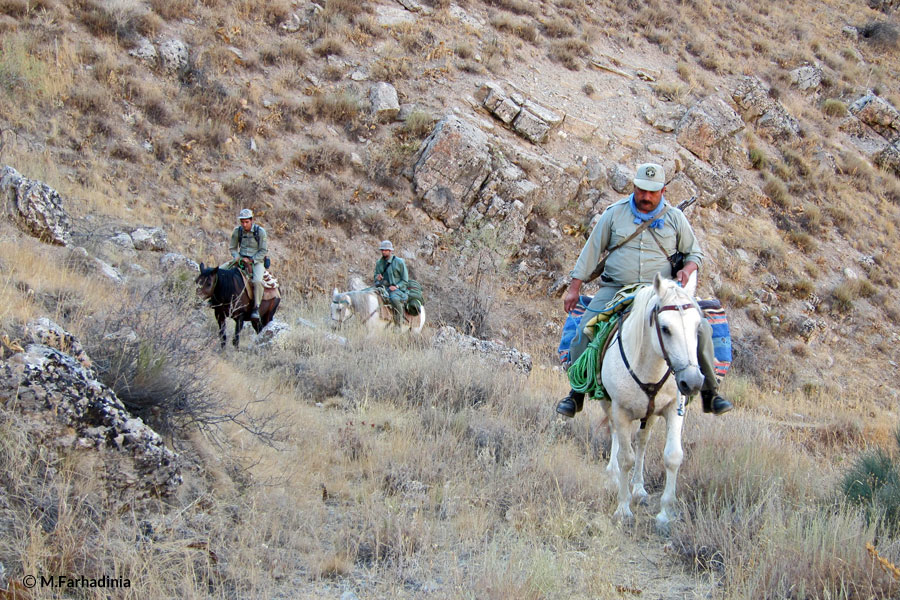Wildlife poaching is a serious threat to many wildlife species, especially large carnivores across most of their global range. Rangers, because they are on the front line in combating wildlife poaching, are key people in ensuring the survival and range expansion of large carnivores, including the leopard. However, despite its importance, this aspect of the effort to preserve these animals is often insufficiently resourced.
At Future4Leopards Foundation, therefore, we place major emphasis on improving the performance of these rangers who play such a critical role in controlling illegal activities and poaching. Basically, they are hired by Iran’s Department of the Environment, but they suffer from a lack of proper training, unsuitable equipment and low motivation. Also, anti-poaching units are severely understaffed, meaning that rangers rely on local people to help them in their task of detecting and stopping illegal activities. We therefore support ongoing governmental activities by addressing these four main gaps (staffing, training, equipment and motivation).
For example, we see to it that local rangers receive training on monitoring leopard populations and trapping, on the ecology of the leopards, and on how to resolve conflicts between people and these big cats. To add to their motivation, we hold a biannual event at which the efforts of outstanding leopard rangers are acknowledged, with their performance assessed on the basis of number of poachers arrested, leopards sighted, etc. We are also supporting the creation and maintenance of a network of local people who will report poachers to rangers to reduce poaching pressure, mostly from herders, on wildlife.
Finally, in partnership with local authorities and to facilitate the task of anti-poaching patrols, access trails are being built and maintained at higher elevations; these can be equipped with securable gates to prevent access by unauthorised vehicles for better control of illegal activities, such as poaching and fire-setting.


